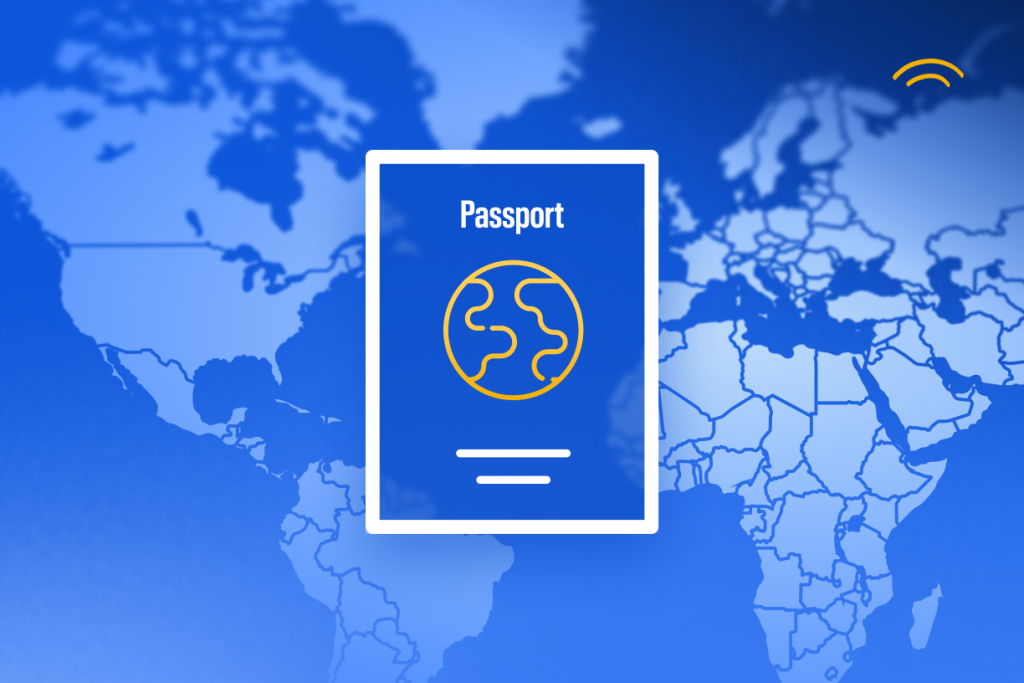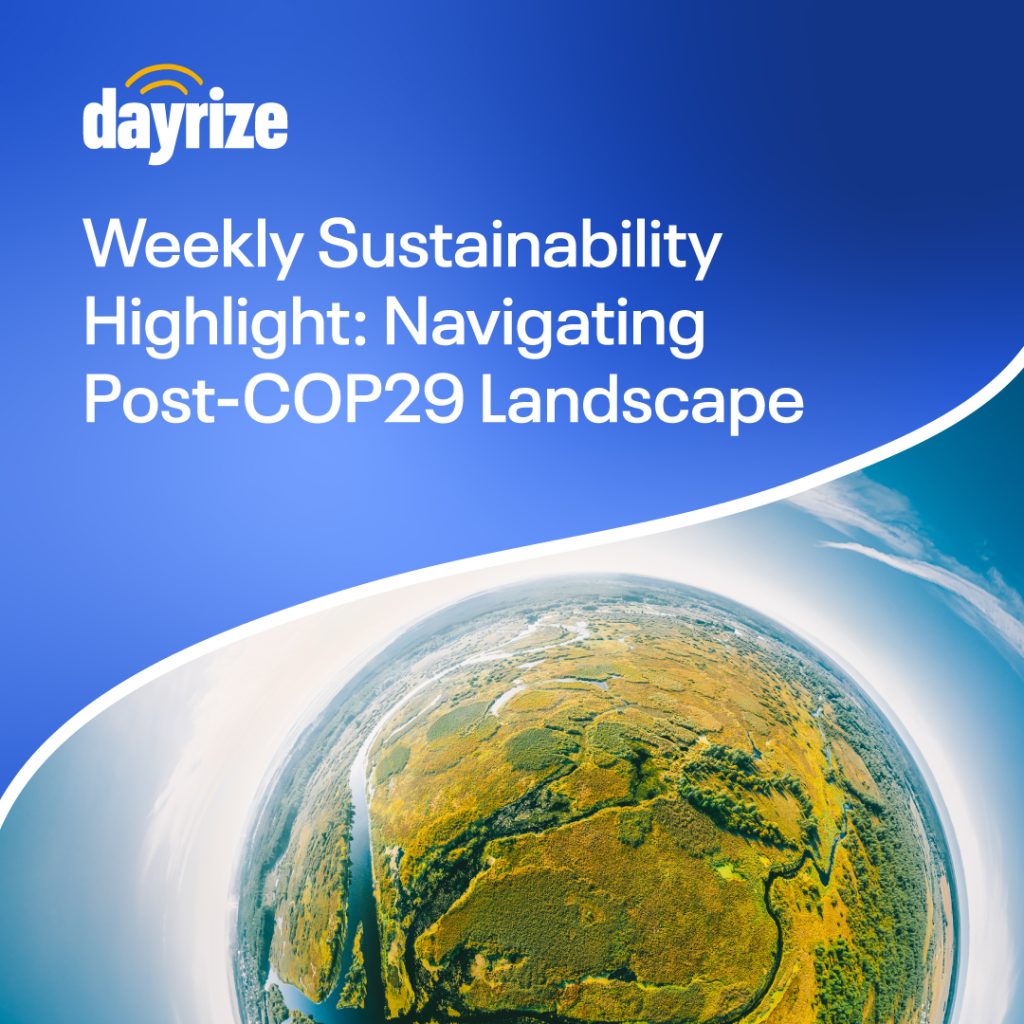
Between 1990 and 2020, the world lost 420 million hectares of forest due to deforestation, according to the UN Food and Agriculture Organisation.
The Regulation on Deforestation-free Products (EUDR) aims to combat this destruction of biodiversity and cause of greenhouse gas emissions by raising standards for environmental due diligence in companies and supply chains.
Ensuring that your company complies with the EUDR is a crucial step towards creating more transparent and responsible supply chains that support the integrity of the ecosystems and communities we all depend on.
Read on to learn what your business needs to do to comply with the regulations, and find out how using the right technology can also help you benefit from this directive.
What is the EUDR?
The Regulation on Deforestation-free Products (EUDR) aims to reduce greenhouse gas emissions and biodiversity loss by ensuring that products bought by EU citizens do not contribute to deforestation or forest degradation inside or outside Europe.
Deforestation occurs when people destroy forests in order to use the land for other purposes. Forest degradation happens when a forest loses its capacity to produce wood or support biodiversity, usually as a result of unsustainable harvesting practices.
The main causes of global deforestation are agriculture, urbanisation, over-exploitation of wood resources, and climate change. According to the UN Food and Agriculture Organisation, destroying forests to create cropland causes at least 50% of global deforestation.
Broadly speaking, you need to understand and adhere to the new regulations if your company works with cocoa, coffee, soy, palm oil, wood, rubber, and cattle, or any ingredients derived from, or products made from or fed with these commodities.
This impacts industries from food to fashion, automotive to pharmaceuticals, and more. As you might expect, the devil is in the detail, but essentially, you need to make sure your entire supply chain is transparent and responsible.
Let’s take a look at some practical examples of what that might mean.
Examples of EUDR compliance in practice
Exactly what you need to do to comply with the EUDR depends on whether your company functions as an “operator” or a “trader”, the size of your company (SME or non-SME), and whether the relevant commodities are produced inside or outside of the EU.
Your company is classified as an operator if it is an importer, producer, processor, or retailer that places the commodities and products listed above on the EU market for the first time. Operators must conduct due diligence throughout their supply chains and make sure their products are deforestation-free.
For example: an Amsterdam-based artisan chocolate shop imports products from a chocolate factory in Caracas, Venezuela. This makes them an operator under EUDR so they need to conduct due diligence throughout the supply chain, maintaining traceability and geolocation data.
What this means in practice is that the factory owner in Caracas needs to make sure that the farmers’ cooperative that supplies them with cacao is legally compliant. The chocolate shop In Amsterdam can only sign its Due Diligence Statement with confidence when it has gathered full traceability information including the names, locations and land titles of the farmers who produce the cacao.
Your company is classified as a trader if it is involved in trading or distributing any of the listed commodities or products within the European market — but does not import, export, or transform them.
As a non-SME trader, you have to ensure that due diligence was performed upstream, just like operators.
As an SME trader, you don’t have to conduct due diligence yourself, but you do have to maintain traceability — keeping records of supplier and client information, including due diligence reference numbers.
For example, a car garage in Paris that sells tyres must keep detailed records of its suppliers and buyers, including the reference numbers of the Due Diligence Statements provided by the tyre companies that import vulcanised rubber or tyres into the EU.
The EUDR begins to apply to large and medium companies at the end of 2025, and to small and micro enterprises in mid-2026. Working out how to comply with the regulations and then gathering all the necessary information can be quite challenging. The good news is that the right technology can save you a lot of time and effort.
Using smart tech to ensure EUDR compliance
By using technology to trace the origins of products and commodities and identify deforestation risks, you can ensure that the products and materials you work with are sustainably and ethically sourced.
For comprehensive EUDR compliance, this means going beyond your immediate suppliers, and gathering data about their suppliers too, including environmental impact, labour practices, and whether they have systems in place to assess and mitigate deforestation risks.
Advanced technologies like AI and satellite imaging can monitor land use and track deforestation. Sustainability intelligence platforms gather that information in one place, giving you full visibility of your entire supply chain, and helping to identify possible cases of deforestation or degradation.
This kind of sustainability intelligence technology has already been used to uncover wrongdoing. For example, investigators used satellite imagery used to show that United Cacao had illegally deforested part of the Amazon. This led to board-level resignations and even prison sentences for some of the individuals involved.
Using the right sustainability software makes the road to regulatory compliance a lot smoother. You can use the actionable insights derived from your supply chain data to guide your company’s overall sustainability strategy and take appropriate corrective action, strengthening your credibility with stakeholders, including customers, investors, and regulatory bodies.
How Dayrize can help you comply with EUDR regulations
Dayrize’s Sustainability Intelligence software automatically assesses impact and risk against regulations across your entire product portfolio.
Our AI-driven platform helps you track and manage regulatory risk and exposure by identifying high-risk materials, monitoring tariff exposure, and aligning with sustainability legislation using real-time, product-level impact data.
From Extended Producer Responsibility (EPR) and Material Risk Sensing to Tariffs and global reporting frameworks like CSRD, PEF, and CSDD, we have the tools you need to minimise risk and stay ahead of evolving regulations like EUDR.
“EUDR compliance is our collective commitment to protecting forests and biodiversity. It represents a shift toward transparency and accountability, where businesses take ownership of their environmental impact. Join us in embracing this journey of conscious compliance and help build a resilient, sustainable global marketplace.”
— Bart Nollen, Dayrize Co-Founder
Bart Nollen
Co-Founder
Dayrize
Dayrize can help you proactively address risks related to environmental regulations, simplifying complex and global regulatory requirements, and giving you deep, actionable insights into your whole supply chain.
You can also easily connect suppliers to the Dayrize platform to add missing primary data and remove duplication, creating a network for your suppliers and promoting sustainable practices throughout the supply chain.
Ready to start your sustainability journey? Sign up for a free demo today.

